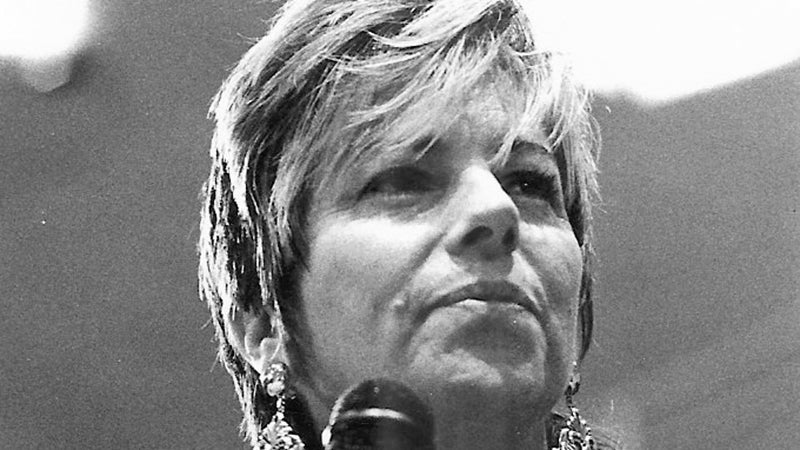EDITORIAL — Good year indeed in Jefferson County
Published 12:05 am Thursday, August 15, 2019
The news was mostly good from this week’s South Jefferson County chambers of commerce meeting, and why not? Elected leaders don’t curry favor by listing woes.
But our crew — County Judge Jeff Branick; State Reps. Dade Phelan, R-Beaumont, and Joe Deshotel, D-Beaumont; and U.S. Rep. Randy Weber, R-Friendswood, had lots to tout. As years go, 2019 has been a good one.
Here’s one nugget delivered by speakers worth reflection: Ports here rank as the top exporter of crude oil in the U.S. Here’s another: We’re the No. 1 exporter of LNG, too. Ponder that.
“Energy dominance starts here” is more than a slogan. It reflects full tankers as they exit our ship channel. And there’s more coming. Cheniere’s Sabine Pass site is ever growing. Golden Pass is ramping up to export LNG. Tuesday night, Port Arthur LNG was talking about nascent plans to add two trains to the two not built yet. Energy’s potential seems to be unyielding, unending.
Small wonder, then, that more good news unfolded with the report about a decrease in tuition at “the Lamars”: Lamar State College Port Arthur, Lamar State College Orange and Lamar Institute of Technology, the three two-year schools that have struggled to stay competitive with Texas’ community colleges for tuition costs. Lawmakers secured additional state funding for the three this year. They in turn passed that largesse on to students through lower tuition.
That means students, beleaguered by hardships related to Hurricane and Tropical Storm Harvey in 2017, have a better shot at starting and completing their education locally.
That’s important here because Lamar Port Arthur, founded at least in part to create more trained workforce for the energy industry, continues to pursue that mission by offering numerous courses of study related to working at our refineries, plants and LNG facilities.
This, too, was of great importance: Long-sought agreements to improve the Sabine Neches ship channel have been effected, changes that will enable larger vessels to enter and exit our ports with more cargo. “This has been a community effort for a long time,” remarked Weber, and he’s right: More than a billion dollars will be spent over the next seven years, he said, and it will pay for itself many times over.
Then there’s this, which ought not be overlooked: Branick noted that coastal restoration work has been ongoing and beneficial. By careful use of federal funds through hurricane aid and settlement money from the BP Oil Spill, the county has shrewdly and effectively stabilized and bolstered our shorelines and protected our waterways and people. Branick has never wavered from that goal.
How would we profit if our own natural treasures suffered? We wouldn’t.
It’s been a good year, indeed.






